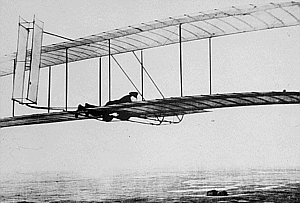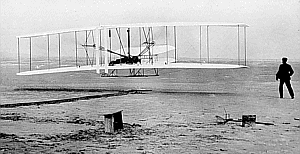| Home | Departments | Search |
 |
 |
 |
||
|
History of Mechanical Engineering
The words engine and "ingenious" are derived from the same Latin root, "ingenerate", which means "to create". The early English verb engine meant "to contrive". Thus the early "engineers" were the people who contrived (i.e. invented) new things. However, read about the genesis of the word and why it characterizes a certain phenomenon at https://place-4-papers.com/nursing-essay-writing-service/ there you can also ask for write my nursing paper for me for more accurate moments The history of mechanical engineering can be traced directly to the ancient world, to the designers and inventors of the first mechanisms which were powered by human or animal labour, water or wind energy, or a combination of these. 
Although many of the mechanisms had a purely peaceful application, such as for flight, irrigation or building, the word "engineer" originally meant "military engineer" because it was derived from the term "engines of war". These were machines such as catapults, floating bridges and assault towers. The invention of the steam engine in the latter part of the 18th century provided a key source of power for the Industrial Revolution and gave enormous impetus to the development of machinery of all types. As a result, a new major classification of engineering dealing with tools and machines, namely mechanical engineering, received formal recognition in 1847. 
Today's mechanical engineer is heavily involved in the development and use of new materials and technologies, especially in computer aided engineering. A rapidly growing field for mechanical engineers is environmental control, comprising the development of machines and processes that will produce fewer pollutants, as well as the development of new equipment and techniques to reduce or remove existing pollution. Although mechanical engineers may occasionally work alone on a small project, they are more likely to be working on large, multi-disciplinary projects, liaising with specialists from other areas. In almost every sphere of modern life, from the air-conditioned office or home to the modern industrial plant or mode of transport, one sees the work of mechanical engineers who continue to develop and apply new knowledge and technology to improve the quality of life for society as a whole.
|
||||||||||||||||||||||||||||||||||||||||||||||||||||||||||||||||||||||||||||||||||||||||||||||||||||||||||||||||||||||||||||||||||||||||||||||||||||||||||||||||||||||||||||||||||||||||